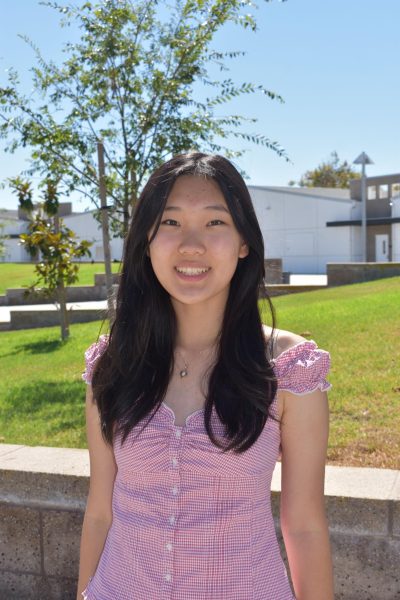In the middle of a tutoring session, as my online student was hard at work typing out an assignment I gave her, I committed the most egregious sin: multitasking. Bored with the monotony of listening to the clacking of her keyboard, I found myself on a poetry website, scrolling through various titles. While poetry used to be distant and upsettingly abstract to me, I’d recently begun to grow more fascinated with it, halting my previous avoidance of it. As I dabbled in poetic writing myself, I found myself haunting such websites more and more often, wanting to expose myself to professional poetry. While multitasking, I came across the poet Hanif Abdurraqib and began to read his poem “I Don’t Know Any Longer Why the Flags Are At Half-Staff.” In his poem, he explores the idea of not being given the same courtesy of a half-staffed flag and his growing feelings of distance from the flag. Little did I know, it would soon change my life.
My boycott on poetry faded away as I began to spend more time reading it. Although I initially was averse to how it rarely obeyed the laws of English I had been trained to follow, I’ve learned that poetry is not as far removed from humans as I used to believe. Rather, it is deeply connected with humanity; it is one of the ways in which we manifest our complexities. In reading poetry, I have found ways to comprehend my own complex emotions while simultaneously being reminded that there is a shared human experience. After all, we all are occasional victims of inner turmoil and seasonal indulgers in hope.
Reading Adburraqib’s poem, I was struck by how he was able to articulate the struggle toward reconciling his American identity while being simultaneously forsaken by the national narrative. Similarly, having lived seven years in Cambodia, my repatriation has come with the heavy weight of rediscovering my identity. When we stand for the Pledge of Allegiance, am I a member of “one people, under God”? My ambivalence toward my American identity only grew as many aspects of the United States felt so distant from me. The flags here aren’t the same ones I saw every day in Cambodia, the white Teslas on the streets are the opposite of tuktuks, and the all-prevailing oiliness of food is nothing like the freshness I was used to. Oftentimes, I felt like a puzzle piece dumped into the wrong set of pieces, a sharp red against shades of blue.
Abdurraqib’s poem guided me towards a realization that my festering struggles are not locked within my adolescent frame. Just as I grapple with identity, so do others. While I couldn’t name the affliction I suffer from, I could identify with Abdurraqib’s assertion that “I salute whatever cloth I must / in order to keep breathing. I hum every anthem through clenched / teeth. I am, still, a victim of familiar melody.”
His poem did not immediately cure me of the weight of my struggles. Instead, it offered a gentle assurance, a poetic reminder that I was not isolated in my dilemmas. Around the world, others were just as conflicted as me; some even spun their emotions into poems. Poetry, I’ve realized, is braided evidence of our shared human experience.
Following my immersion into Abdurraqib’s poem, I began to consume poetry with a newfound frenzy, purchasing a $2 translation poetry anthology at my local library, signing up for a subscription at the Kenyon Review, and haunting the home page of poetryfoundation.org. With every poem, I felt more deeply connected to the world as well as myself. Through Brigit Pegeen Kelly, I ventured through the depths of human grief. Through Bob Hicok, I saw fragments of loneliness uniting a planet of longing humans. Through Mahmoud Darwish, I witnessed the unbreakable bonds of our determination.
Rather than being deterred by the puzzling nature of poetry, the unique syntax of every poet, the terrors of free verse, I drew closer and closer to the aching familiarity of words. I found comfort in between the lines of poems exploring emotions that felt too large, too worldwide for me to explain in my own words.
Perhaps multitasking during a tutoring session is the pinnacle of unprofessionalism. But I can’t find myself regretting it when it has led me to discovering the unparalleled beauties of poetry.



